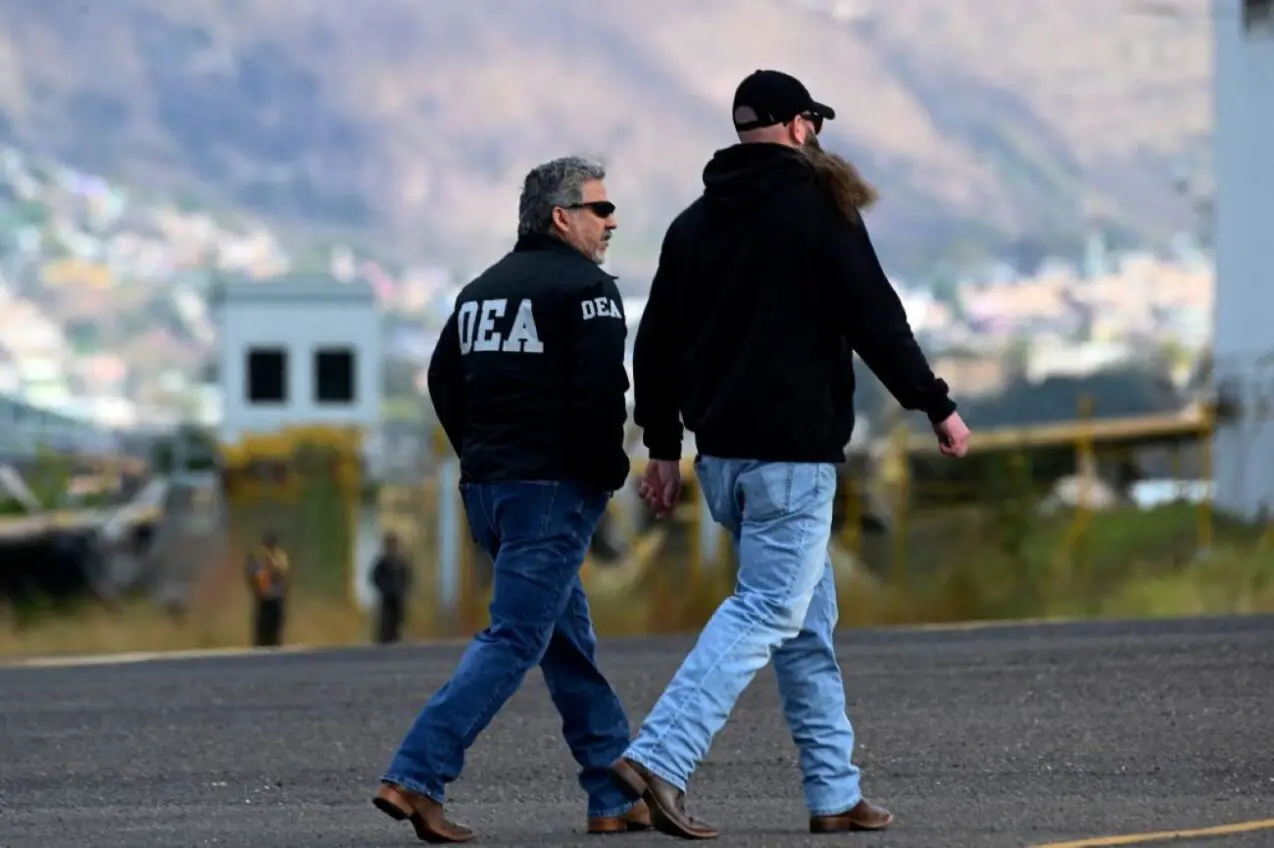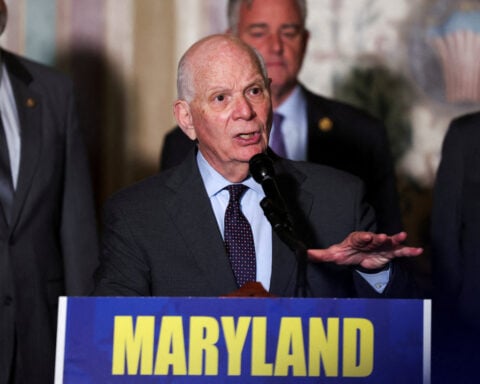A stunning breach of public trust has disgraced the ranks of the nation's premier narcotics agency. Manny Recio. a veteran Drug Enforcement Administration agent once lauded for his dedication, was sentenced last week to three years in federal prison for his central role in an audacious bribery scandal that jeopardized major investigations and endangered lives.
The 51-year-old former supervisory special agent, who had served an exemplary 15-year career at the DEA, admitted to accepting cash payoffs from a disgraced ex-colleague in exchange for leaking highly sensitive law enforcement intelligence. The unlawful quid pro quo enabled Recio's former coworker to gain unauthorized access to restricted databases and funnel classified operational details to the compromised agent.
Court records reveal that between 2016 and 2019, while posted at the DEA's high-profile Los Angeles Field Division, Recio's engaged in a brazen pay-for-play scheme. He made numerous wire transfers and in-person cash drops to his one-time colleague, with individual bribes sometimes exceeding $10,000. In return, Recio received a continuous illicit stream of confidential data from active narcotics probes.
This unprecedented leak divulged the identities of undercover informants risking their lives infiltrating drug cartels, as well as advanced details of imminent arrests, raids, and sensitive surveillance operations targeting major trafficking enterprises. By monetizing his access to this classified information, Recio sabotaged years of meticulous investigative work, enabling criminal kingpins to cover their tracks as toxic narcotics continued flowing into American communities unchecked.
At the veteran agent's sentencing, U.S. District Court Judge Christina A. Snyder excoriated Recio for perpetrating an "egregious and unforgivable breach" of the public's trust. As an experienced supervisor, she stressed, he would have been acutely aware of the grave risks posed by his disclosures compromising operations and methods while putting informants in harm's way.
"When officials sworn to uphold the law instead peddle insider knowledge, it corrodes faith in government from within," Judge Snyder admonished. "Mr. Recio's craven choice to enrich himself put life-saving investigations in jeopardy and imperiled those operating undercover. A severe sanction is absolutely warranted."
While prosecutors cited Recio's financial pressures and personal bankruptcy as possible motivations, Judge Snyder made clear his actions were a conscious decision to violate sworn duties for profit. Recio's once-bright career was now overshadowed by felony convictions for bribery, obstruction, and money laundering.
The veteran DEA agent's sentence intensified scrutiny on a troubling pattern of misconduct and lax accountability roiling the agency. In recent years, the DEA has confronted scandals involving rogue personnel using illegal narcotics, soliciting prostitutes, and attending drug cartel-funded "sex parties" while deployed abroad.
In a statement following Recio's sentencing, DEA Administrator Anne Milgram called the revelations "deeply disturbing" and vowed sweeping reforms "to identify integrity breaches and abuses of public trust." However, critics contend such pledges ring hollow without robust new safeguards like comprehensive audits, polygraph screenings for agents, enhanced whistleblower protections, and regular inspections by outside overseers.
They argue only such forceful measures can begin addressing the pervasive permissive culture enabling bad actors like Recio's to believe they could peddle America's secrets with impunity. For too long, a lack of true accountability has enabled a climate of misconduct and corruption to fester unchecked within the DEA's ranks.
For the vast majority of dedicated DEA personnel who uphold their sworn duties honorably, Recio's disgraceful actions represent a demoralizing betrayal of the core principles they risk their lives to defend. As the agency seeks to turn the page on this sordid chapter, restoring integrity through real cultural reform and stringent new accountability measures will be paramount.
Absent such substantive changes, the public's shaken confidence may be irrevocably lost - dealing a crippling blow to the DEA's very ability to wage America's vital war against drug trafficking and addiction.

 FDA says decongestant in many cold medicines doesn't work. So what does?
FDA says decongestant in many cold medicines doesn't work. So what does?
 Nordstrom to be acquired by Nordstrom family and a Mexican retail group for $6.25 billion
Nordstrom to be acquired by Nordstrom family and a Mexican retail group for $6.25 billion
 CNN's Lauren Fox breaks down findings of House Ethics report on Matt Gaetz
CNN's Lauren Fox breaks down findings of House Ethics report on Matt Gaetz
 Bangladesh seeks extradition of ousted leader Sheikh Hasina from India
Bangladesh seeks extradition of ousted leader Sheikh Hasina from India
 Pandas An An and Ke Ke celebrate their 1st Christmas in Hong Kong
Pandas An An and Ke Ke celebrate their 1st Christmas in Hong Kong
 Hyatt in exclusive talks with Playa Hotels on options, including buyout
Hyatt in exclusive talks with Playa Hotels on options, including buyout
 An analyst looks ahead to how the US economy might fare under Trump
An analyst looks ahead to how the US economy might fare under Trump
 Shohei Ohtani wins 3rd AP Male Athlete of the Year award, tying Michael Jordan for 1 shy of record
Shohei Ohtani wins 3rd AP Male Athlete of the Year award, tying Michael Jordan for 1 shy of record








